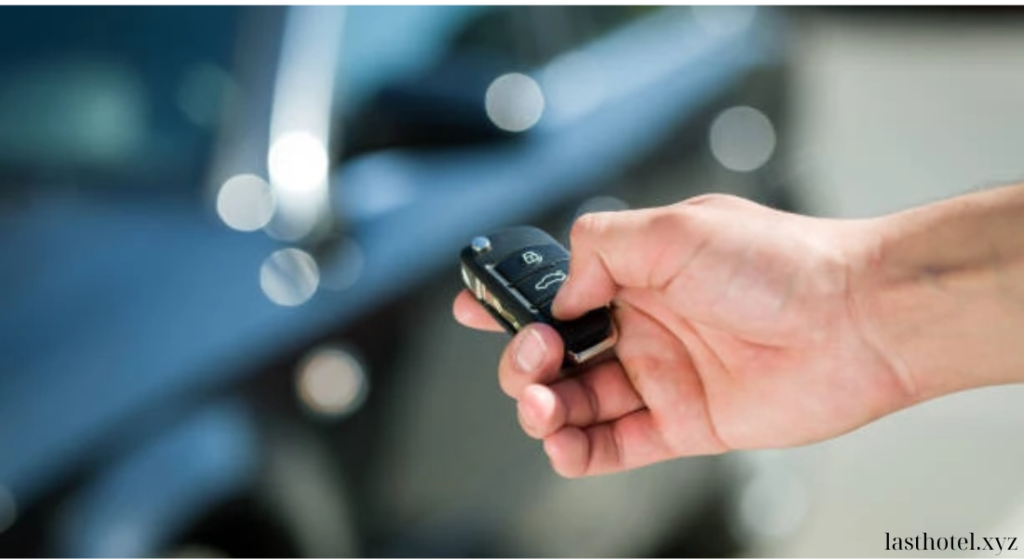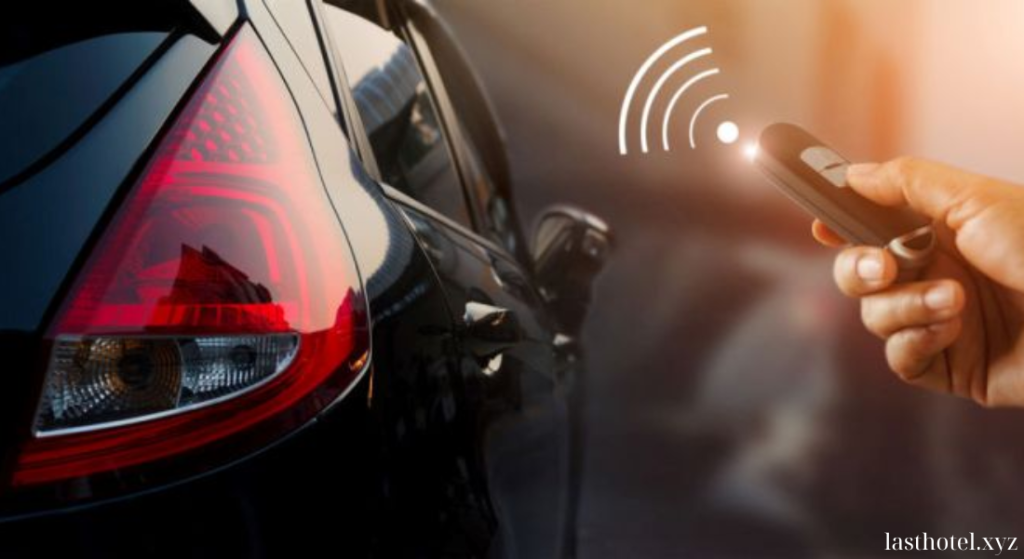In today’s world, vehicle security has never been more important. With car theft on the rise and criminals using increasingly sophisticated methods, ensuring that your vehicle is protected is essential. One of the most effective ways to safeguard your vehicle is by installing a reliable car alarm system. The right car alarm can provide peace of mind, deter potential thieves, and protect your investment. This comprehensive guide will walk you through the key factors to consider when choosing a car alarm, ensuring you make an informed decision for optimal protection.
Table of Contents
ToggleKey Highlights
- Understanding the Different Types of Car Alarms: Overview of available systems.
- Evaluating Alarm Features and Capabilities: What to look for in a quality alarm system.
- Assessing Compatibility with Your Vehicle: Ensuring the alarm works with your car.
- Considering Installation Options: DIY versus professional installation.
- Reviewing Brand Reputation and Support: Importance of choosing a trusted brand.
1. Understanding the Different Types of Car Alarms
The first step in selecting a car alarm is understanding the different types available:
- Basic Alarm Systems: These systems are designed to detect unauthorized access and typically include a loud siren that activates if a door is opened without disarming the alarm. Basic alarms offer essential protection, but they may lack advanced features.
- Remote Start Systems: In addition to traditional alarm functions, these systems allow you to start your vehicle remotely, which can be particularly useful in extreme weather conditions. This feature ensures your car is warm in winter or cool in summer before you enter.
- Two-Way Systems: These alarms come with a remote that provides feedback to the owner. For example, if you lock your vehicle, the remote will confirm that the alarm has been activated. This is helpful for peace of mind, especially in crowded parking lots.
- GPS Tracking Systems: These more advanced systems not only provide alarm functions but also offer GPS tracking capabilities. If your vehicle is stolen, a GPS tracker can help law enforcement locate it quickly.
- Smartphone Integration Systems: Many modern car alarms now offer the ability to connect to your smartphone via an app. This allows you to monitor your vehicle remotely, receive alerts, and control your alarm system from anywhere.
2. Evaluating Alarm Features and Capabilities
When choosing a car alarm, it’s important to evaluate the features and capabilities that will best meet your needs:
- Sensor Types: Look for alarms equipped with various sensors, including door sensors, motion sensors, and shock sensors. These sensors provide comprehensive protection by detecting any unauthorized access or tampering.
- Audible Alerts: A loud siren or alarm system can deter thieves and alert passersby when an unauthorized entry is attempted. Ensure the alarm system has a sufficiently loud siren to attract attention.
- Silent Alerts: Some systems offer silent alerts, notifying you of unauthorized access via your smartphone or another device. This feature can be advantageous in situations where you want to avoid drawing attention.
- User-Friendly Interface: The alarm should have a clear and easy-to-use remote control or app interface, making it convenient to activate or deactivate the system.
- Customization Options: The ability to customize settings such as alarm sensitivity and notification preferences can help tailor the system to your specific needs.

3. Assessing Compatibility with Your Vehicle
Before purchasing a car alarm, ensure that it is compatible with your vehicle:
- Vehicle Make and Model: Some alarm systems are designed specifically for certain makes and models. Check compatibility to ensure proper installation and functionality.
- Type of Ignition System: Determine whether your vehicle has a traditional key ignition or a push-to-start system, as this can affect the type of alarm system you need.
- Existing Security Features: If your vehicle already has built-in security features, make sure the new alarm system can integrate with those features without conflict.
4. Considering Installation Options
Decide whether you want to install the alarm yourself or hire a professional:
- DIY Installation: Some car alarms are designed for easy installation and come with detailed instructions. If you have basic electrical skills, a DIY system can save you money on installation costs.
- Professional Installation: For more complex systems, hiring a professional installer may be advisable. Professionals can ensure that the system is installed correctly, which is crucial for optimal functionality.
5. Reviewing Brand Reputation and Support
When selecting a car alarm, researching the brand’s reputation and support services is essential:
- Customer Reviews: Look for reviews and ratings from other customers who have purchased and used the alarm system. This feedback can provide insights into the system’s reliability and effectiveness.
- Warranty and Support: Check the warranty offered by the manufacturer. A good warranty indicates confidence in the product. Additionally, ensure that customer support is readily available should you need assistance.
- Industry Reputation: Consider choosing brands known for quality and innovation in vehicle security. Established brands often have a history of producing reliable products.
6. Importance of Regular Maintenance
Once you have chosen and installed your car alarm, it’s essential to perform regular maintenance to ensure it continues to function effectively:
- Test the System Regularly: Make a habit of testing the alarm system to ensure it is working correctly. Regular tests can help identify any potential issues early.
- Check Battery Life: Monitor the battery life of both the car alarm and any remote controls. Replace batteries as needed to avoid system failure.
- Update Software: If your car alarm has smartphone integration, keep the app updated to benefit from the latest features and security enhancements.
- Inspect Wiring and Connections: If your alarm system involves any hardwiring, inspect the connections periodically for signs of wear or damage.
Conclusion
Choosing the right car alarm is crucial for enhancing the security of your vehicle and ensuring your peace of mind. By understanding the different types of alarms available, evaluating their features, assessing compatibility with your vehicle, considering installation options, and reviewing the brand’s reputation, you can make an informed decision that meets your automotive security needs. Investing in a quality car alarm system not only protects your vehicle but also contributes to your overall sense of safety while on the road.
FAQ
- What is a car alarm?
A car alarm is an electronic device designed to detect unauthorized access to a vehicle and alert the owner through an audible alarm or notification. - How do car alarms work?
Car alarms use sensors to detect movements, door openings, or glass breaking. When triggered, they activate a loud siren and may notify the owner via a remote or smartphone app. - Are all car alarms the same?
No, car alarms vary in terms of features, capabilities, and installation requirements. It’s important to choose one that suits your specific needs and vehicle type. - Can I install a car alarm myself?
Many car alarms are designed for DIY installation, but some may require professional installation, especially if they involve complex wiring. - What additional features should I look for in a car alarm?
Look for features like GPS tracking, remote start, smartphone integration, and various sensor types for comprehensive protection.

